Google's Taking the Reins - What Should I Do?
January 04, 2024
8 Minute Read
What Happened to Friendly Neighborhood Google?
Once upon a time, when you wanted to market online, you could walk over to Google’s house and ask to borrow their tools. They would teach you how to use them for free so you could build a marketing engine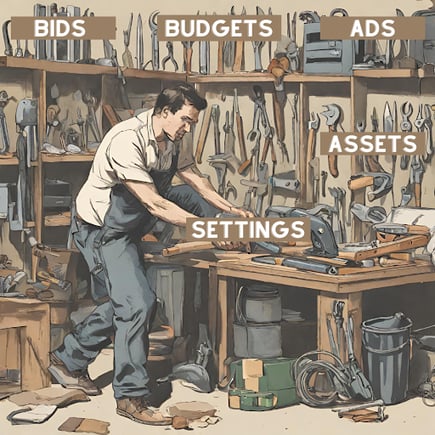 capable of achieving your goals. They made sure to get their cut from whatever you built, but at the end of the day, it was on you to make it work with the tools they provided.
capable of achieving your goals. They made sure to get their cut from whatever you built, but at the end of the day, it was on you to make it work with the tools they provided.
Over time, this humble arrangement has slowly changed. Google still wants to collaborate on your next project…it would just prefer to use the tools themselves and call you over once it’s completed. It’s great at listening to what you want to build, but it’s also very confident it can build it better. In some cases, they’re very right. Other times, it’s better to keep the hammer in your own hand. We’re going to walk through some of the bigger changes Google has been making and give you our take on what you should let them do vs. continue to do yourself.
A Brief History of Google Taking the Reins
First, let’s quickly review the history of Google taking the reins over the years.This isn’t an exhaustive list of updates, but some of these more notable changes help paint a picture of the direction Google is currently evolving in.
Dynamic Search Ads
In 2011, Google unveiled Dynamic Search Ads which promised to exchange manual control for more tailored ad experiences. Instead of directly selecting keywords, ad headlines or a landing page, Google would generate them for you when an ad was served. Seasoned marketers will remember that initial results were lackluster. In more recent years, DSAs have proven to be quite effective at creating a strong link between search, keyword, ad, and landing page and have outperformed manually-generated campaigns for some of our clients. This format allows Google the freedom to choose what’s best for an advertiser using their powerful web crawling tools instead of relying on the intuition or experience of the marketer.
Smart & Express Options
Then came the slew of “Smart/Express/Enhanced” options ranging from Adwords Express to Smart Campaigns to Enhanced CPCs to the recently-sunset Similar Audiences. Each is slightly different from the others, but the main theme is the same: Tell Google what you’re trying to accomplish and trust Google to get you there. No need to tweak minute settings or scrutinize keyword, copy, and bid decisions. Just provide directional information about what you want and let Google get you there, one way or another.
These solutions make sense for DIY advertisers or small business owners trying to get off the ground quickly but leave a lot to be desired for clients looking to “win” Google Ads. The main exception here is automated bidding or smart bidding solutions which, in my opinion, are the single greatest drivers of paid search success in recent years. I could write a whole blog post about automated bidding (and I probably will soon), but l need to wrap up this Google Ads history lesson.
Here Come the CopyBots
With more and more targeting, audience, and bid features adopting automation, the next frontier was copy. Google began to offer up Ad Suggestions (initially as an opt-out, not opt-in) which left many marketers concerned about brand safety. If Google could add whatever copy it wanted, how would that impact compliance and brand voice? Was creativity dead? Many of the same themes we see today when considering AI’s impact can be found flooding forums of disgruntled marketers who discovered the copy they were serving was not the copy they wrote. At least not entirely.
Let Google Do It: Optimized Targeting

Alright, enough Google Ads history. Where are we sitting now and where are we going? Should we be excited or scared and why is the answer “both”? Let’s start with an easy one: Optimized Targeting. Gone are the days of creating an audience and then manually creating a look-a-like audience based off of that audience. Now, with Optimized Targeting, you pick an audience to target, enable a setting, and then trust Google to go find you more people who should also see your ads.
In Google’s own words, “Optimized targeting looks beyond manually-selected audience segments in your campaign to find audience segments that you may have missed to improve the campaign’s performance.” It is slightly unnerving to trust Google to just find “the right people” after over a decade of manually perfecting keyword lists and audiences. That said, I’ve seen strong results in my own campaigns that have this setting enabled, so Google may just know us better than we know ourselves at this point.
If this setting’s success is indicative of other upcoming automation, it may just make sense to keep letting Google call the shots.
Don't Let Google Do It: Optimization Score Suggestions
Now let’s look at the other side. When is it not so great to give Google the keys to drive? In my opinion, Google has grown greedy with its adoption of Optimization Score and everything that comes with that. Google now offers recommendations in its main UI that can either be manually reviewed, adopted, or dismissed. Google then assigns an “Optimization Score” for each campaign to provide a sense of how buttoned up each campaign is in terms of settings and feature adoption.
Innocuous enough on the surface, but Optimization Score’s validity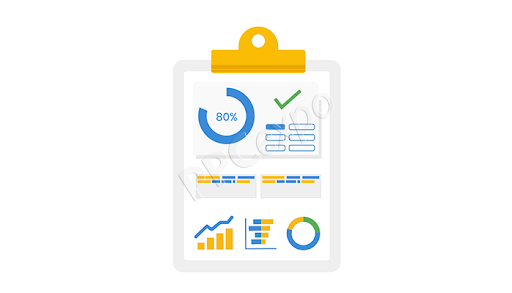 starts to fall apart when you realize that you can lose score for things like not spending more or not enabling Google-centric settings. You can also dismiss all suggestions to receive a 100% optimization score making it more of a vanity metric than a true indicator of campaign health. To me, this is an example of Google trying to wedge in decisions that benefit them under the guise of being helpful. While I can’t pretend these recommendations are never helpful, they do point to some of the downsides of Google’s increasing emphasis on control.
starts to fall apart when you realize that you can lose score for things like not spending more or not enabling Google-centric settings. You can also dismiss all suggestions to receive a 100% optimization score making it more of a vanity metric than a true indicator of campaign health. To me, this is an example of Google trying to wedge in decisions that benefit them under the guise of being helpful. While I can’t pretend these recommendations are never helpful, they do point to some of the downsides of Google’s increasing emphasis on control.
The risks of letting Google take the reins are amplified when some (or all) of these recommendations are added to “Auto-Apply,” giving Google the ability to generate new ads, add or remove keywords, and more. It may seem like every marketer's dream to relegate all optimizations to a friendly robot who will do it all for you. I’m writing this on a Monday so that fantasy is alive and well. But I’m hammering out this blog post manually instead of having Chat GPT do it for me because I believe there are still aspects of marketing that benefit from human creativity and analysis.
In my experience, when I’ve taken the time to understand a client’s business and goals and then craft copy that reflects that understanding, it tends to beat what the bots can scrape off of a site. Therefore, I’m more tentative when it comes to Google’s automated recommendations, especially auto-applied copy or Automatically Created Assets.
What's on the Horizon?
So what else is on the horizon? Where will Google aim to automate and how should we feel about it? The push for more automated campaign types continues with Google’s somewhat recent Performance Max Campaigns and much more recent Demand Gen Campaigns which aim to replace discovery campaigns with more automation. I’ve seen early success with Performance Max campaigns for ecommerce, but I’ve been slow to adopt it for B2B or more lead-focused clients due to lack of targeting control. In the early days of Pmax campaigns, it was impossible to remove branded traffic without contacting a Google Rep which highly inflated the success these campaigns were taking credit for.
As much as Google wants to spit out marketing results without you seeing how the sausage is made, it’s important to dig into what is actually happening within campaigns, especially when cannibalization is at play. Is your new campaign really outperforming the rest or did it just siphon off success from the others?
AI-Powered Tools
It would be impossible to wrap up this post without at least touching on AI. In May, Google unveiled it’s full suite of AI-Powered Tools that are making their way to the Google Ads UI.The emphasis appears to be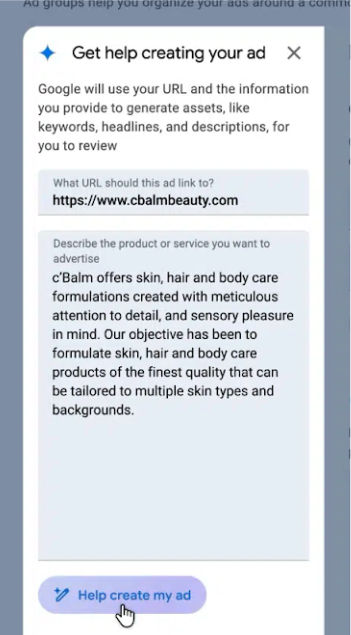 on generating copy and assets for now which seems best at aiding efficiency rather than effectiveness.
on generating copy and assets for now which seems best at aiding efficiency rather than effectiveness.
When managing a staggering collection of ecommerce products or franchise locations, it can be invaluable to have an AI tool that can quickly spin up relevant copy. When the goal is to sell 100 golf pencils, an AI-generated headline of “100 ct. Golf Pencils” will likely be just as effective as a more creative headline spun up by a seasoned marketer. Once we start getting into the realm of experiences, B2B, or needing to feature a specific promo or competitive differentiator, I believe there’s still room for human ingenuity.
AI may help with speed, but it also runs the risk of quickly creating 100 identical headlines. For someone like me who likes writing and a good challenge, that only motivates me to craft the headline that will stand out against that background of 100 carbon copies.
In Conclusion
There is plenty to be excited and hesitant about when it comes to the future of paid search on Google Ads. As amazing as Google’s feature rollouts have been, it requires a level of experience and discernment to understand what will help and what might hurt.
At Be Found Online, we offer that expertise so we can work with the technology as it evolves instead of letting it work against us or our clients. Plus, we are real people, so please reach out if you’d like to chat Paid Search, Analytics, SEO, or whatever else is on your mind.

Scott Diebel
Scott began his career in digital marketing after setting out to join a small business right out of college. Scott was excited to join BFO when they acquired his startup in 2016 and has enjoyed making an impact on a larger scale ever since.
CATEGORIES
SUBSCRIBE TO OUR BLOG
Stay up to date with the latest industry best practices in digital marketing!




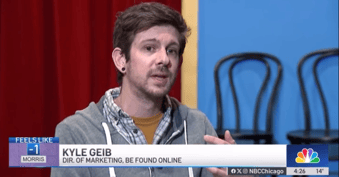



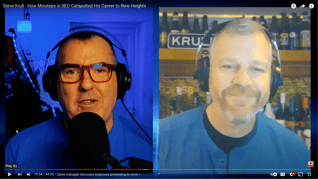

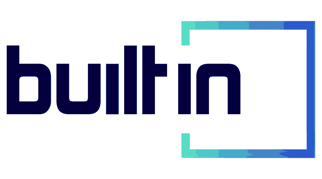

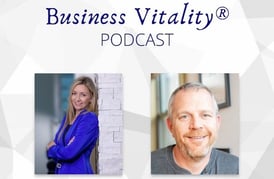
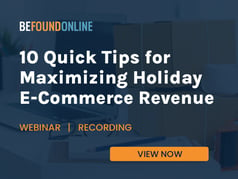
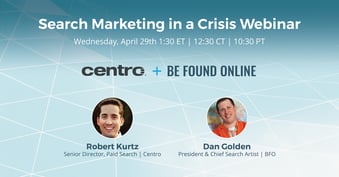
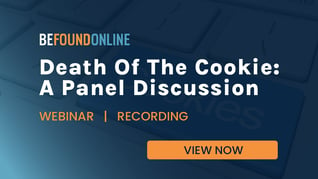
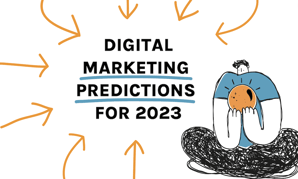
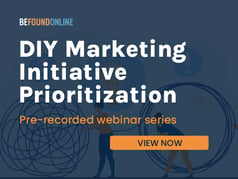
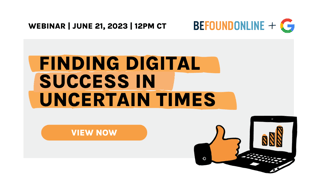
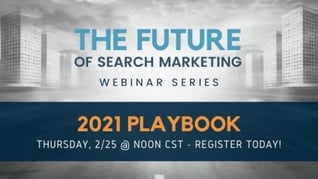
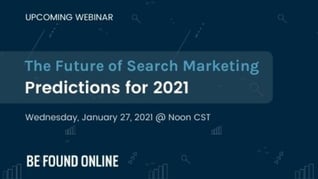

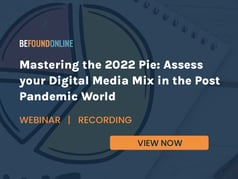
.png?width=339&height=179&name=Webinar%20Banner%20(1).png)
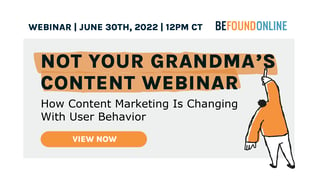
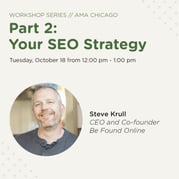
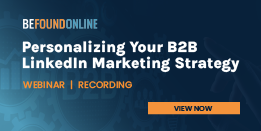
.png?width=339&height=179&name=July%20Webinar%20(Newsletter).png)
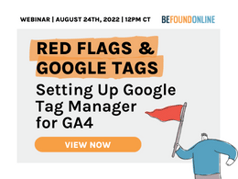
.png?width=339&height=179&name=Webinar%20Banner-April-02%20(1).png)
%20(4).png?width=339&height=179&name=Webinar%20Banner-May-02%20(1)%20(4).png)
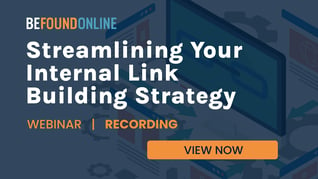
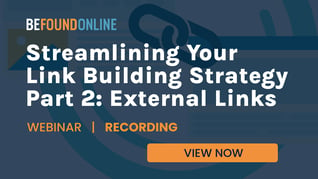
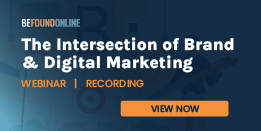
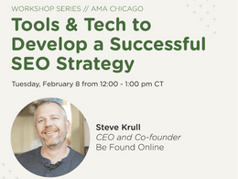
.png?width=339&height=179&name=March%202023%20Webinar%20Ad%20(autoresponder).png)
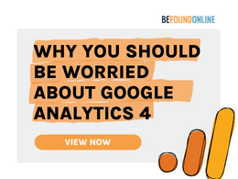
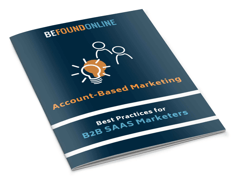
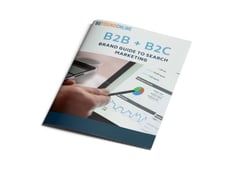
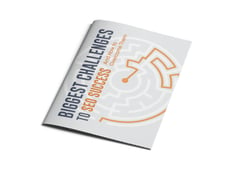
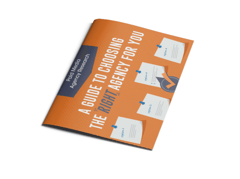
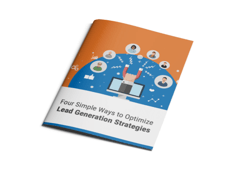
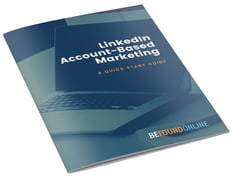
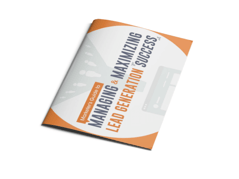
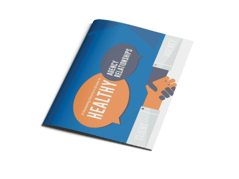
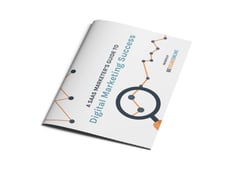
.png?width=339&height=179&name=2025%20Paid%20Media%20(1200%20x%20628%20px).png)


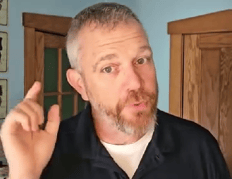
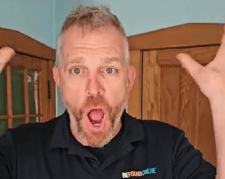







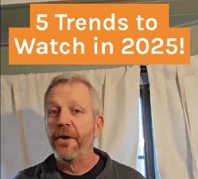
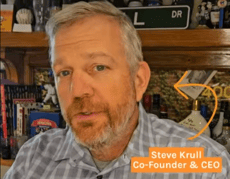






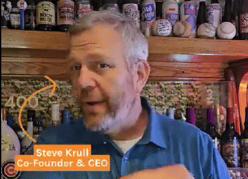

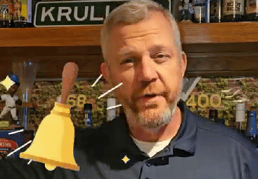
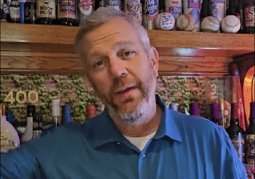

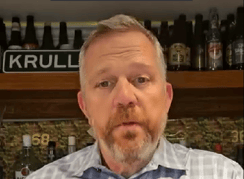



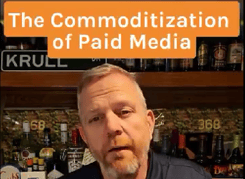
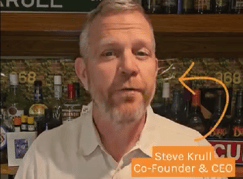
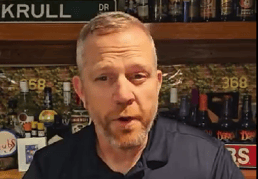
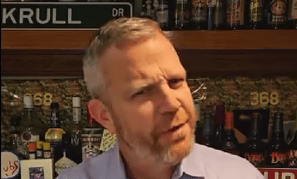





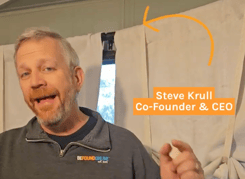
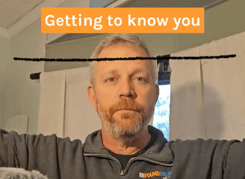

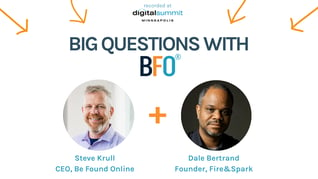
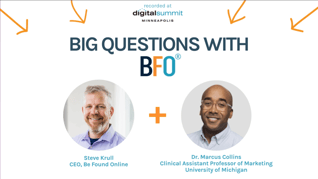
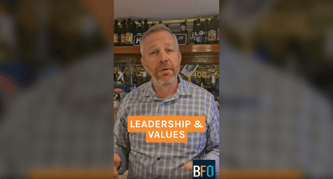
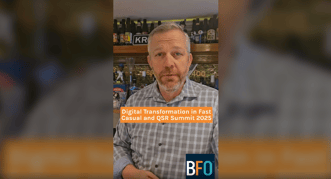
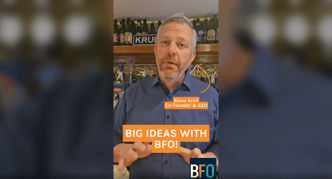
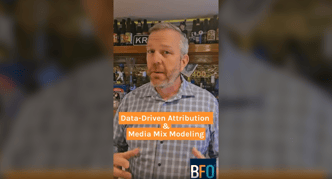


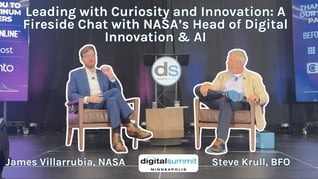




.png?width=339&height=179&name=2026%20Paid%20Media%20Ad%20Specs%20(Twitter%20Post).png)

